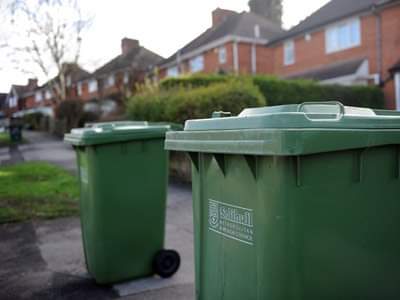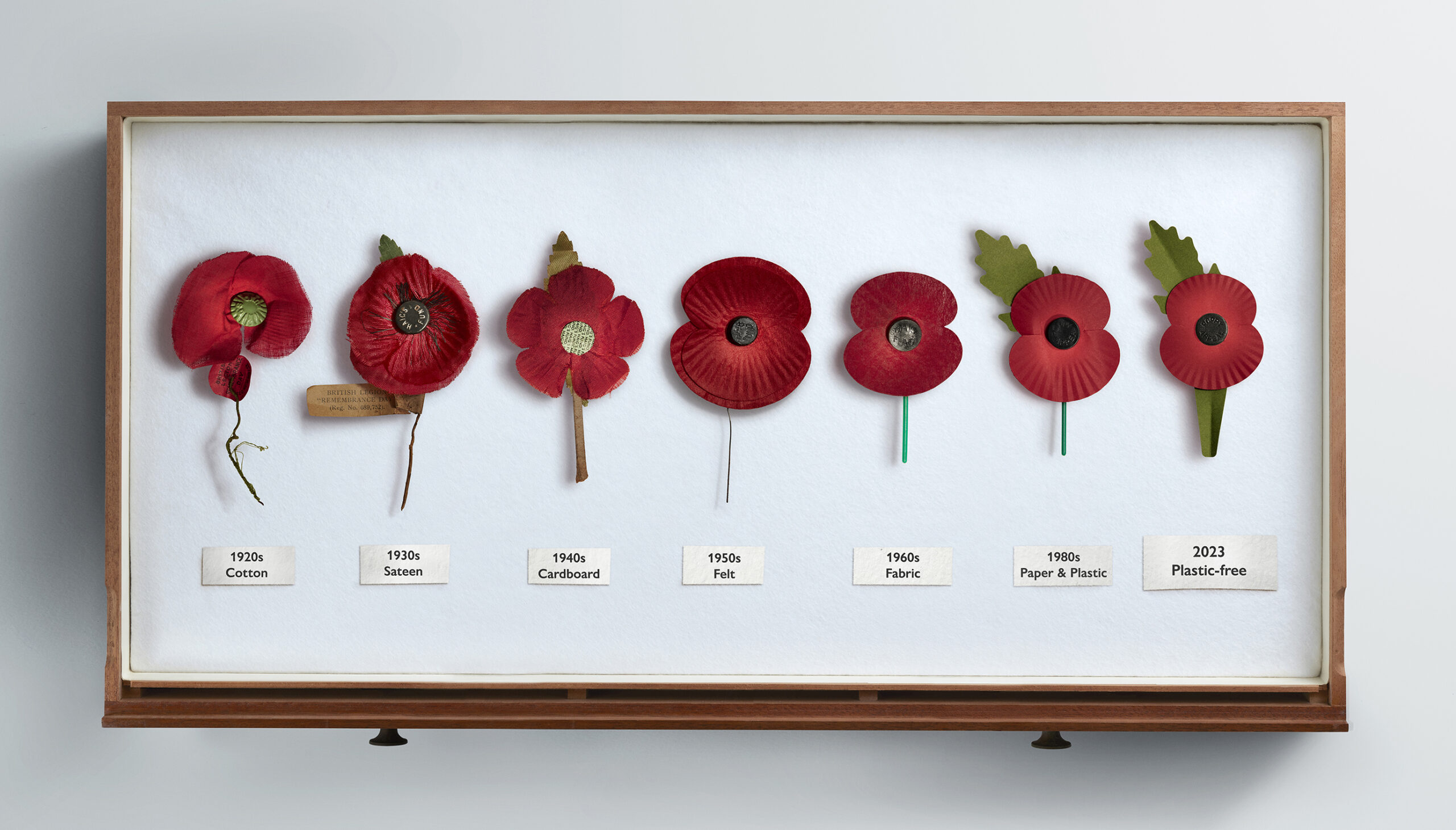Solihull switches to commingling
Solihull council has switched to commingling following the opening of the Coventry in-house MRF.

Residents will no longer need to separate glass, but have been told to keep hold of the black box which previously held the material for any excess glass.
The site opened last month but will ramp up to full capacity next year.
During this time Coventry council has already switched to commingling, with Solihull now following suit.
The eight councils behind the MRF are: Coventry city council, North Warwickshire borough council, Nuneaton and Bedworth borough council, Rugby borough council, Stratford district council, Solihull Metropolitan borough council, Walsall council and Warwick district council.
Solihull council’s cabinet member for rnvironment and infrastructure, Cllr Ken Hawkins, said: “Recycling in Solihull has just got easier. There’s no need to separate out glass bottles and jars – just put all your recycling straight into your brown bin, clear sacks or communal recycling bin.
“Using the new recycling facility also means that residents who haven’t been able to recycle glass before, now have a full recycling service. Changing our recycling facility means more residents can recycle and it’s easier for everyone to recycle more of their waste. This will help us with our net zero carbon emissions plans and also help to combat climate change.”
Council receives £900,000 to boost reuse at HWRCs

Argyll and Bute Council has received nearly £900,000 from Net Zero’s Scotland’s Recycling Improvement Fund.
The council say the funding will allow them to make improvements to its household waste and recycling centres (HWRC).
Councillor Ross Moreland, the council’s policy lead, climate change and environment, said: “This funding will enable us to make a number of improvements at our waste and recycling centres so that we can provide our communities with more consistent recycling services.
“It will also help us to divert an estimated additional 416-565 tonnes of waste from landfill to reuse and recycling, and will go a long way towards our goals of becoming a net zero organisation by 2045.”
Lancashire confirms cause of ‘ferocious’ fire
Lancashire county council has confirmed that a fire on Saturday (4 November) at its Farington HWRC was caused by a rechargeable battery.

Crews were called to the scene just before 5pm on Saturday, November 4, when staff alerted the fire and rescue service after the fire started in a metal storage skip.
It took firefighters around two hours to put out the blaze, which may have been accelerated by traces of oils and greases contained in the items, the council said.
County councillor Shaun Turner, cabinet member for environment and climate change said: “It is so important that all lithium ion/rechargeable batteries are disposed of in the right way, as this is the third blaze this year started by one at our sites.
“They can cause fires if they are damaged or crushed, leading to potentially deadly consequences – and this can occur at any time, as this fire in a storage skip demonstrates.”
Royal British Legion introduces plastic free poppy
The Royal British Legion has introduced the plastic-free poppy for this year’s Poppy Appeal.

This marks the first redesign of the poppy emblem in a generation, continuing a tradition that began in 1921 as a means to raise funds to support veterans, serving personnel and their families
The plastic-free poppy is crafted entirely from 100% paper, making it easily recyclable through household collections. The new design maintains the classic poppy shape with a black centre featuring an embossed ‘Poppy Appeal’ inscription and a leaf with a noticeable crease.
What sets this redesign apart is the removal of the plastic stem and centre, offering versatility in how it can be fastened. Wearers can secure it with a pin through the stem, display it in a buttonhole, or opt for a stick-on version.
Director of the Royal British Legion Poppy Appeal, Andy Taylor-Whyte said: “We want to encourage as many people as possible to get a poppy this year and show their gratitude and support to those in the Armed Forces whose service and sacrifice should never be forgotten. We’re so proud that this year, we have our new plastic-free poppy too, so that the public can wear this poignant symbol of Remembrance, with less impact on the environment.
“Since the first Poppy Appeal in 1921 to today, public donations have provided a lifeline for service people and their families, and last year, we helped more than 27,000 people in the Armed Forces community
Beyondly donates £150,000 to charities

Beyondly has donated £149,902.90 to 13 registered charities across the UK as part of its 2023 Fund for Change.
The charities it donated to included
- National Oceanography Centre
- Skipton Step Into Action
- Share Skipton
- Recycling Of Used Plastics (RECOUP)
- SELFA
- Mustard Tree
- Manchester Mind
- North Yorks Moors National Park Trust
- Yorkshire Children’s Trust
- Teach the Future
- The UK Sepsis Trust
- Abbeyfield The Dales
- Share the Care
Jessica Aldersley, managing director at Beyondly said: “I was fortunate enough to be closely involved in our 2nd annual Fund for Change process, through which we saw applications more than double over the first year with a total of 23 applications received. It was inspiring to hear about the great work all of these charities are doing, and I speak on behalf of all of the Fund for Change team when I say we had a really tough decision on our hands in arriving at the final shortlist.
“However, we felt that the charities on our shortlist, and the projects we will be supporting were best placed to help us deliver against our purpose of leading, inspiring and educating to positively impact society and the environment and realise our vision of a better, fairer, sustainable world for all.
“We are really looking forward to seeing the projects be delivered, and the positive impact they will bring.”









Subscribe for free